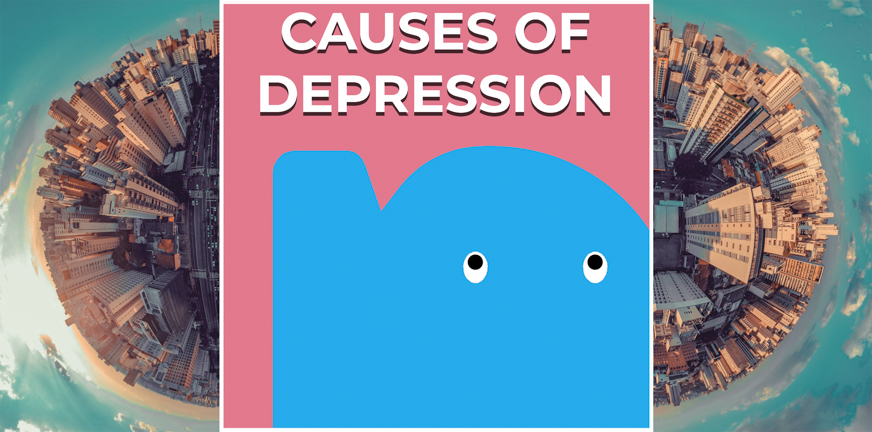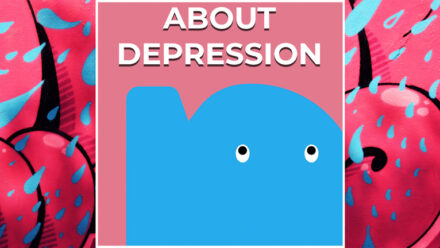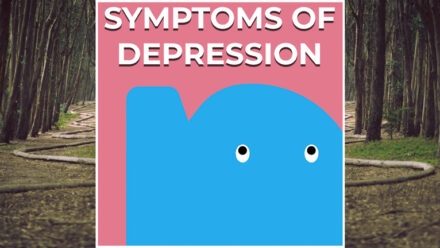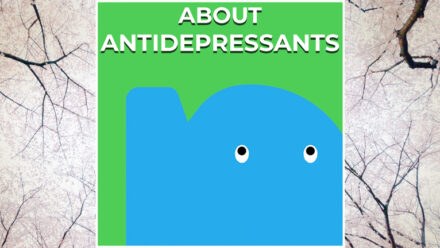
Mental suffering is very complex and still not fully understood. The exact causes of a depressive episode are still shrouded in mystery.
What we do know about depression: there is never one single cause to point to. Most often, there is a combination of physical causes, combined with your earlier life experience and your personal character traits.
Causes of depression
Genetic factors
- Genetic factors clearly play a part, because depression occurs much more in some families than in others. This is especially the case with types of depression combined with manic episodes.
- Depression occurs twice as often among women than among men. Mental suffering among men more often reveals itself in the form of addiction and hyperactivity. Among women, emotional problems generally lead more to depression and anxiety issues.
- Other factors that can contribute to causing a depression are the use of medication, alcohol and drugs.
- Lastly, the risk of a depressive episode is higher for people who suffer from other brain disorders or chronic physical illness, such as diabetes, dementia, Parkinson’s disease or after a stroke.
Social factors
Other causes of depression can be major life events, such as the death of an important friend or family member, a divorce or job loss.
The depression does not always have to follow right after such an event. Threatening experiences, such as sexual, physical or mental abuse, can sometimes lead to depressive episodes even years after they happened. In such cases, they mostly come together with posttraumatic stress disorder.
The reasons for depression, however, do not always have to be such clearly shocking events. People who feel lonely for a long time and/or have a small (or no) social network, also have a higher risk of developing depression.
Psychological factors
Most people who go through hard times, might feel sadness for a long time, yet without becoming depressed.
Vulnerability to depression can also be related to psychological factors, personal characteristics or your personality type. Fear of failure, low self-esteem and unwillingness to ask for support, are examples of character traits that can increase the risk of depression.
Consequences
For people with depression
A depression can have far-reaching consequences for everyday life. People often can no longer work, or only part time, take care of their family or focus on their studies. Moreover, feelings of fear, sadness, desperation and loss of hope can be so unbearable that they lead to thoughts about taking your own life.
Depression often comes with physical complaints as well, that can further complicate life and affect other people.
Some examples are:
- A disturbed sleep rhythm
- Loss of energy
- Changes in appetite
- Constipation
- Reduced sex drive.
Finally, people with depressive episodes have a higher chance of cardiovascular disease (problems with heart functioning and blood flow).
For friends & family
Living with someone who is depressed is hard. Partners, children and other close family are under lots of pressure to adjust to and deal with their depressed family member.
When the person who is depressed is showing so many negative symptoms, the people around them have a hard time staying positive and showing sympathy. This can make them feel powerless, frustrated, lonely and desperate.




